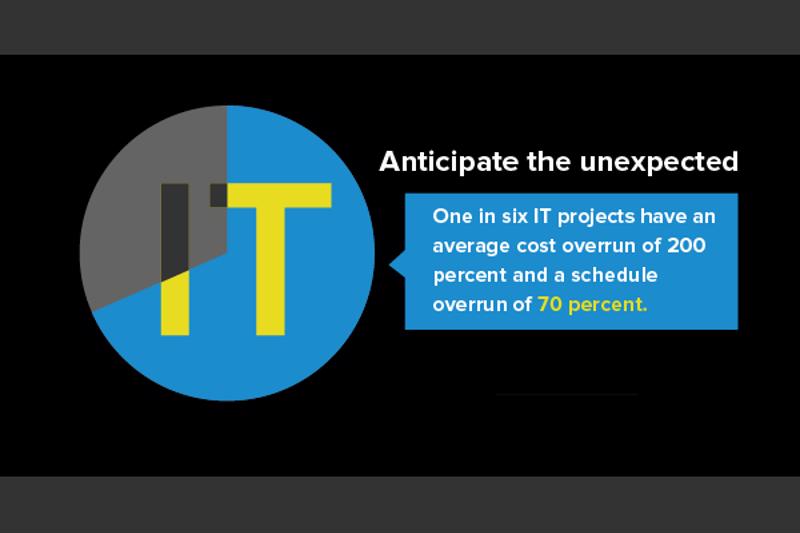Even the most skilled professionals can feel overwhelmed upon receiving news of a major project in the works. That’s why companies need an experienced project manager on their team to assign tasks appropriately and keep everyone on track. This could include working with a technical project staffing company to complete the project or allocating resources internally. If you choose the latter option, it’s important to know the right steps to take. Here’s how effective project managers see a project through to completion.
1. Ask the right questions
You can’t start on a project without knowing exactly what the client is looking for. At the initial debrief, it’s crucial to ask a series of questions that will give you insight into the scope, budget, and schedule of the project.
“Proactively setting up the decision-making structure, including where all the key stakeholders fit in, is critical,” Tom Treanor, director of Content Marketing & Social Media at Wrike, told CIO Magazine.
Without this information, you won’t be able to create an accurate plan. Ask key questions like “What is the business benefit?,” Who are the stakeholders?,” and “Which resources are needed to complete this?” to compile all of the necessary steps to completion and anticipate any obstacles that might interfere with your timeline or budget.
2. Use helpful apps
Behind every successful project manager is a series of applications and other technologies that provide support for his team. These tools can help with all stages of a project, from planning to management to implementation. They provide transparency and organization, which are two major components of a project. Use resources like Project Insight to delegate tasks more easily, and roll out Basecamp to your team to get real-time insight into the status of individual tasks. With all of these advancements in project management technology, failing to utilize them could put professionals at a disadvantage.
 Plan for extra time and costs needed for a project.
Plan for extra time and costs needed for a project.3. Anticipate the unexpected
Whether you’ve been a project manager for years or you’re just starting out, you’re well aware that initiatives rarely go as planned. In fact, the Harvard Business Review reported that one in six IT projects have an average cost overrun of 200 percent and a schedule overrun of 70 percent. Therefore, it’s important to cover all bases and account for every potential obstacle when creating a plan. While it may seem impossible to predict issues that may come up, there are ways to make educated assumptions. Do your research on all parts of the project and identify certain areas that seem like they could be troublesome. Include alternative plans in case something comes up or a group misses a deadline, and add financial and schedule padding to all tasks that you feel have the potential to require more time and money.
“Even missing a deadline by one day can completely throw off the overall timeline.”
4. Stay on track
With all of the tasks involved in a project, it’s vital to keep all teams on track. Even missing a deadline by one day can completely throw off the overall timeline, since many assignments rely on the completion of others. If the project is especially extensive and some teams work remotely, it might be beneficial to use some of the project management applications that can provide insight into each team member’s status. Utilize all of the tools you can to stick to your deadlines and keep everything running smoothly and on time.
5. Provide transparency
One of the main reasons why projects fail is due to a lack of transparency. As a project manager, it’s your responsibility to make sure the lines of communication stay open throughout the entire process. If one team is unaware of a hold up on an assignment, they won’t be able to plan accordingly, and that could result in a major issue that ends up derailing the entire project. While apps and other technologies help you avoid this issue, there’s also value in simply communicating with each professional directly.
“You need to be able to relate to each member of the team [and regularly check in with them],” Jose Canelos, project manager, Program Management, at Centric Digital, told CIP Magazine. “By doing this, you will gain the team’s trust, and their effort in the project will increase.”
Contract and Direct Hire job openings are updated daily. View all job listings here!








